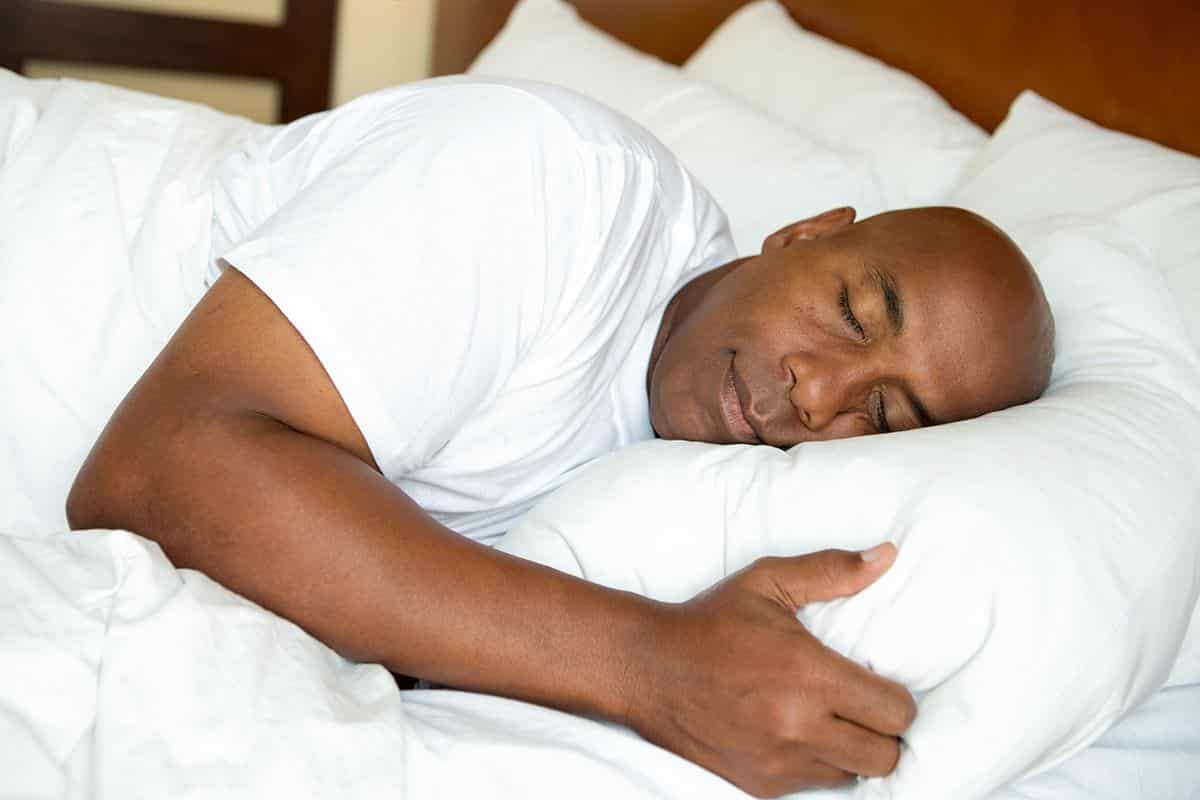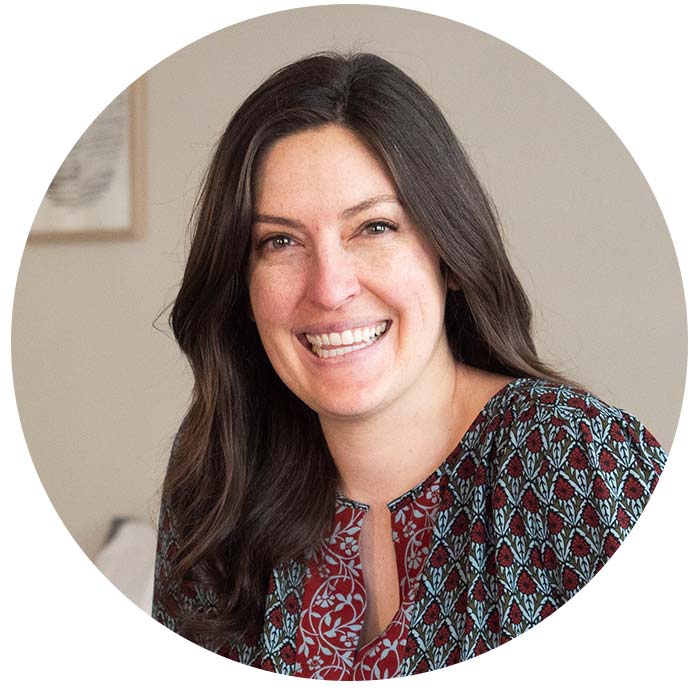National Sleep Awareness Week kicks off March 11 and is the perfect opportunity for people to really look at their sleep habits and see if there’s anything they could change.
As we all know, good sleep is crucial for people’s health, mental wellbeing, and productivity. So, a person taking a step back to evaluate their sleep quality, along with how much caffeine they consume and whether or not they rely on naps, can be super helpful.
Here are seven ways to make the most of National Sleep Awareness Week.
Commit to keeping a sleep diary for a week.
People can use this template provided by the American Academy of Sleep Medicine — they just need to fill in which hours they spend asleep each week. They should note anytime they took medicine, drank alcohol, consumed caffeine, or exercised. This will help them see any patterns related to their behavior and sleep, plus give them a sense of whether or not they are getting adequate rest.
Make sure to get enough shuteye.
 pixelheadphoto digitalskillet/Shutterstock
pixelheadphoto digitalskillet/Shutterstock
Readers can check out the official Center for Disease Control (CDC) guidelines on how much sleep they really need each night, depending on their age. The CDC recommends that adults get at least seven hours of good sleep each night.
Celebrate World Sleep Day.
The World Sleep Society website has a list of activities people can participate in to commemorate World Sleep Day, which falls on March 16 this year. Events and activities are available for all ages and can either occur across the country or in specific regions and cities.
Plan ahead for sleep.
How much sleep you need varies by age; most experts agree that adults need around 8 to 10 hours of sleep. In order to ensure you’re getting the recommended amount of sleep, make sure you’re going to bed early enough and include time to fall asleep. The CDC offers a handy chart to help you stay on top of how much sleep you need.
Assess if a new mattress is needed.
People should ask themselves the following questions: does the mattress feel lumpy or saggy or do they wake up with back pain or joint pain? Do they sleep better when they are away from home, in other beds? Does their mattress squeak or creak constantly or do they see any tearing or holes in the mattress? Have they owned the same mattress for decades? If the mattress looks and feels past its prime, it may be time to start looking for a new one.
RELATED: Best Mattresses
Download some sleep tracking apps.
There are tons of sleep app options out there for one’s smartphone, from apps that produce white noise to apps that wake people up in an ideal part of their sleep cycle. People should figure out what their specific needs are, then download the app or apps that best serve them.
Find a sleep doctor if necessary.
If people think they have a sleep problem that warrants medical attention and want to visit a sleep clinic, they can use this tool on the American Academy of Sleep Medicine (AASM) website to find reliable, AASM-accredited options.
Featured image: Africa Studio/Shutterstock


